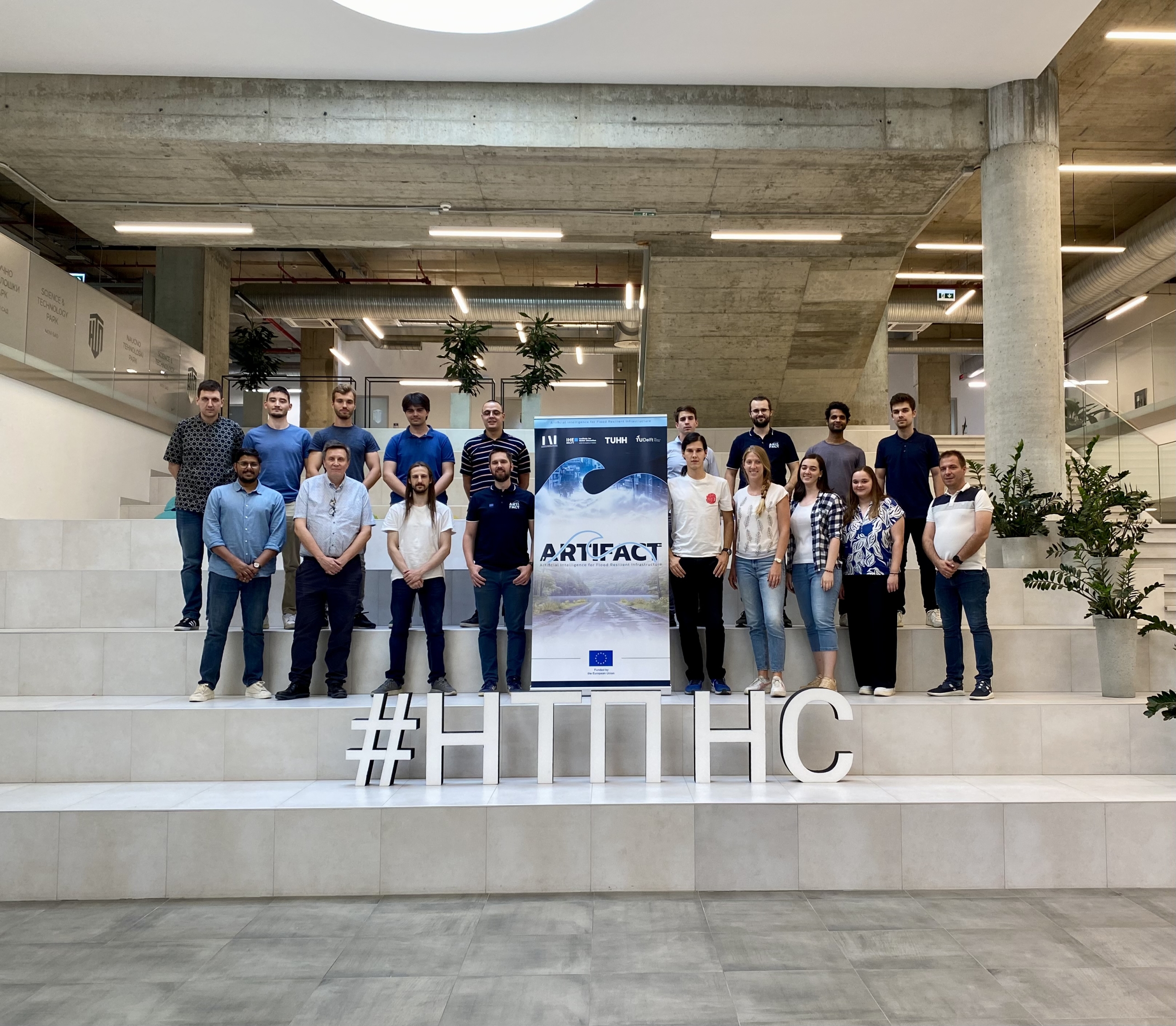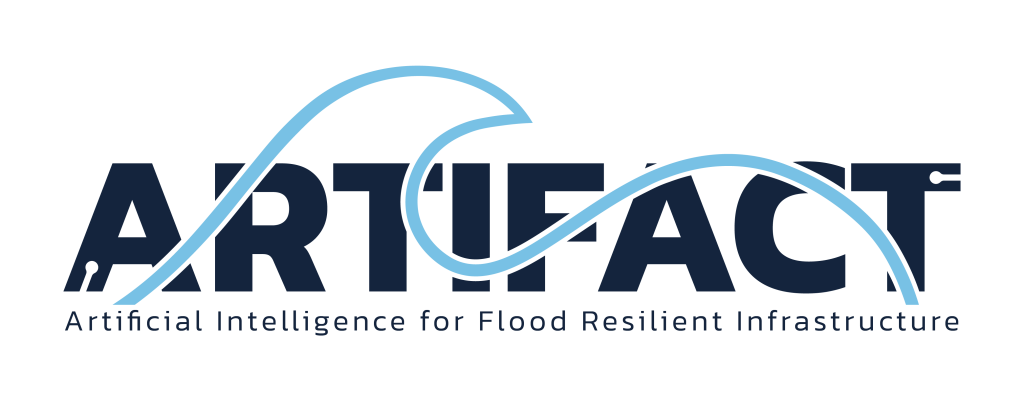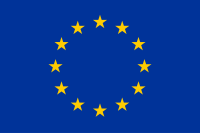AI for Flood Resilience: ARTIFACT Summer School 2025 Successfully Held in Novi Sad
The ARTIFACT Summer School 2025, held from June 27 to July 3 in Novi Sad, Serbia, brought together students, researchers, and professionals from across Europe to explore how artificial intelligence can support cities in preparing and responding to flood events.
The event was part of the Horizon Europe TWINNING project “ARTIFACT – ARTificial Intelligence for Flood Resilient Infrastructure,” which brings together three leading European institutions, Delft University of Technology (TU Delft), IHE Delft Institute for Water Education, and Hamburg University of Technology (TUHH), together with the Institute for Artificial Intelligence Research and Development of Serbia (IVI), the project organizer and host of the summer school.

Figure 1 – Artifact summer school 2025 attendees
A total of 25 participants were selected based on their academic background and expertise in AI and/or water-related disciplines. Of these, 18 attended the school in person in Novi Sad, while 7 joined remotely. Participants came from a diverse range of institutions, including the University of Novi Sad, University of Belgrade, University of Kragujevac, and the Institute for Artificial Intelligence Research and Development of Serbia, as well as international institutions such as Université Gustave Eiffel (France), TalTech (Estonia), TH Köln (Germany), Università di Pavia (Italy), and the public enterprise Vode Srpske (Bosnia and Herzegovina).
The program opened with a field visit to 3Lateral (part of Epic Games), where participants explored advanced 3D facial and body scanning, real-time animation, and the creation of hyper-realistic digital characters, along with their applications in gaming, film, and even healthcare.
Following the visit, participants engaged in an intensive schedule of expert-led lectures, hands-on workshops, and collaborative hackathon challenges focused on AI-based solutions for flood resilience.
Blending Hydrology and AI Expertise
A central component of the ARTIFACT Summer School 2025 was its four-day academic program, which skillfully bridged the fields of urban hydrology and artificial intelligence. The program began with a strong focus on flood modeling, where participants were introduced to physics-based approaches and simulation tools. Led by experts Prof. Dr. Zoran Kapelan, Prof. Dr. Zoran Vojinović, and Dr. Nataša Manojlović, the first day covered the fundamentals of urban hydrology and the practical use of the SWMM (Storm Water Management Model) platform, providing a solid grounding in the principles of fluid dynamics and urban drainage systems.
Building on this foundation, the second day shifted attention to the power of artificial intelligence in flood risk assessment. Through lectures by Dr. Milan Dotlić and Dr. Velibor Ilić, participants explored deep learning techniques, remote sensing, and the application of computer vision for flood map classification. These sessions highlighted how modern AI methods, particularly those involving neural networks and satellite imagery, can enhance flood prediction and improve real-time operation. Milan Grujev expanded on these insights by presenting methods for urban flood forecasting using CNN-based neural networks.
The third day took a practical turn, with participants engaging in group-based simulation exercises under the mentorship of Dr. Veljko Prodanović. Working directly with SWMM, attendees analyzed different flood scenarios and tested intervention strategies as part of the interactive “Fix the Flood” challenge. This hands-on experience not only strengthened their modeling skills but also encouraged collaborative problem-solving.
On the final day, the focus returned to AI, with a hands-on machine learning assignment designed to simulate the development of a real-world flood prediction model. After an introduction by Dr. Milan Stojković, participants worked with Luka Vinokić to preprocess data, build and train an LSTM model, and evaluate its performance. The final stage of the program featured team presentations, where each group shared the outcomes of their models, demonstrating their ability to integrate environmental data and machine learning for practical flood resilience solutions.

Figure 2 – Team presentations
Hackathon
In parallel with the academic sessions, the ARTIFACT Summer School featured a dynamic three-day hackathon aimed at encouraging innovation and entrepreneurial thinking in the field of flood resilience. After an introductory session led by Prof. Dr. Dubravko Ćulibrk and Dr. Veljko Prodanović, participants formed interdisciplinary teams and began working on real-world challenges using AI-powered approaches. With support from mentors and access to expert feedback, teams engaged in concept development and solution refinement, combining their technical, environmental, and creative skills.
The hackathon concluded with final presentations in front of a jury of project partners and experts. Among several strong teams, BubbleGuard was announced as the winner for their exceptional solution, which demonstrated a high level of technical feasibility and societal relevance. Their concept, a smart flood protection system, combines real-time flood prediction with inflatable barriers that automatically deploy to detected rising water levels, alert residents, and shield homes and businesses before damage occurs.

Figure 3 – Team BubbleGuard
At the end of the program, all participants who completed the full schedule of lectures, practical sessions, and team activities were awarded Certificates of Attendance. The certificate ceremony marked the formal close of the Summer School and acknowledged the dedication, effort, and active participation of everyone involved throughout the week.
Looking Ahead
The next ARTIFACT Summer School will take place in 2026 at Delft University of Technology (TU Delft) in the Netherlands. In 2027, the Summer School will be hosted by Hamburg University of Technology (TUHH) in Germany.
More information about these events, including topics, program details, and registration, will be shared in due time. Stay tuned for more updates and results from the ARTIFACT project as it continues to develop intelligent, future-ready solutions for resilient infrastructure.


